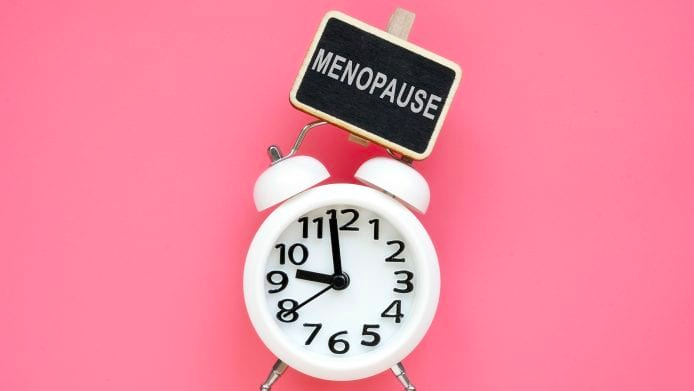There comes a time in every woman’s life where her ovaries stop the production of eggs and her estrogen and progesterone levels begin to decline. Over a period of time, monthly menstruation becomes less frequent, this period is referred to as perimenopause or the menopausal transition. Once a woman stops menstruating for one full year, it is then referred to as the postmenopausal period when they can no longer get pregnant.
Breast Cancer is the most common female cancer worldwide. According to some studies, breast cancer will globally increase to over 2 million new cases per year by the year 2030. Additionally, it is the second most commonly diagnosed cancer in Indian women after cervical cancer.
Menopause doesn’t cause cancer, but it increases the risk of getting it as the risk of getting cancer increases with age. Starting menopause after the age of 55 increases the risk of getting breast cancer, ovarian and endometrial cancer in a woman. The major reason for this is because she gets exposed to more estrogen as she doesn’t start menopause till the age of 55. During a menstrual cycle, estrogen stimulates the uterus and breast tissues, hence the more menstrual cycles a woman has, the longer the tissues are exposed to estrogen.
The reason why a woman is prone to get ovarian cancer can also be explained by that same age factor. The later she gets her menopause, the more ovulations she has had, which leads to increased risk of developing ovarian cancer.
Menopausal transitions generally start occurring between age of 45-55 though some women can experience it sooner, and some later. It usually lasts about 7 years but, in some women, it can last up to 14 years. During this phase, her body’s production of the two major hormones made by the ovaries- estrogen and progesterone, vary greatly. Bones gradually become less dense which leads to women being more vulnerable to fractures. There are more changes that body undergoes during this period, such as fat cells change, body’s energy usage differs and women tend to gain weight more easily.
Menopause may also be triggered by a hysterectomy or surgical removal of ovaries that produce hormones. If a woman has surgery for removal of her ovaries or uterus and is not taking supplementary hormones, she would experience the menopause immediately.
During this phase of a woman’s life, she is having more than one transition. Apart from the physical and biological ones, women have emotional transitions as well, for example, having to care for aging parents, or adapting for one’s child moving into adulthood, with which comes so many changes.
Some women also opt for hormone therapy which, if done at the postmenopausal period, increases the risk of breast and ovarian cancer.
Small lifestyle changes can make a huge difference in later stage and avoid the risk of chronic illnesses. Inculcating some healthy habits in daily lifestyle such as regular exercise, healthy diets, avoiding any sort of smoking, maintaining a healthy body weight etc. can help in reducing the risk of developing chronic illnesses and help lead a healthier life.
Note: This article is part of our Fall 2020 Print Edition that focuses on Women Health and Sexuality. Look across campus for a paper copy of this edition!





